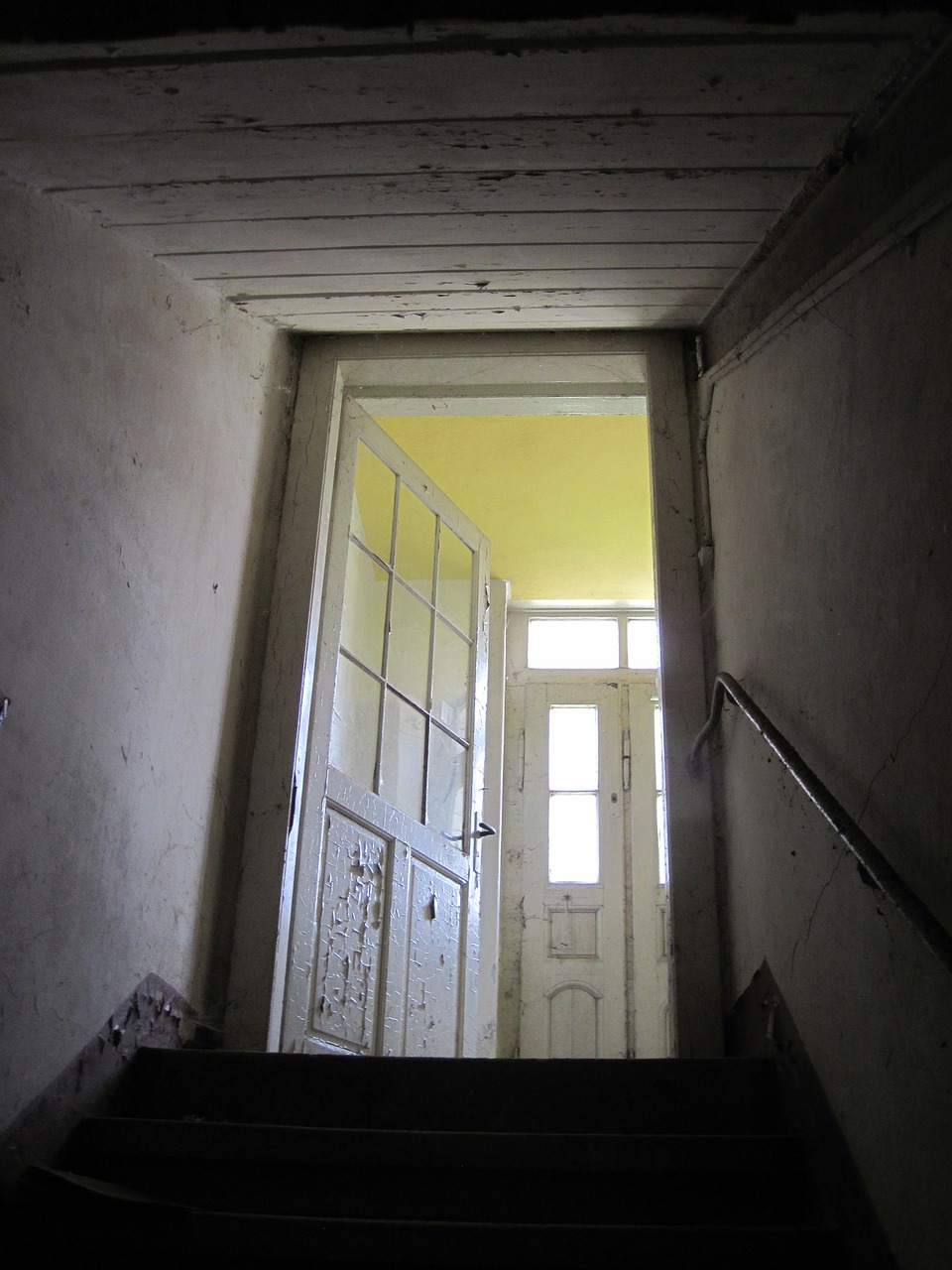
17 Sep Does Mold in Your Basement Affect the Upstairs?
Lots of horror movies start in a creepy, dark basement. In fact, basements are the perfect hiding place for scary monsters like mold. It’s important to take care of it quickly as mold in the basement can affect the upstairs of your home and your health. Pure Maintenance of New England can help you get mold out of your basement before it can spread.
What Mold Grows in the Basement?
Because basements are typically chilly, dark, damp, and neglected, they create the perfect breeding ground for mold. The most common type of basement mold is black mold. Also known as Stachybotrys chartarum, black mold thrives in areas with consistent moisture. It also loves to grow on materials that have a high cellulose content, like wood and paper.
We commonly find black mold in basements around pipes and in the drywall and insulation. Black mold also tends to grow anywhere that flooding has occurred, where water pools, and where condensation collects.
Mold is not always visible—many times it’s located in cracks and crevices where you can’t see it clearly. You might smell it before you see it. Mold has a musty odor, which homeowners often chalk up to a “basement smell” without realizing they have mold.
Can Basement Mold Affect the Upstairs?
Yes, it definitely can! Mold spreads easily, and if you have mold in your basement, the chances are good that you have already been feeling some effects on your health. Mold creates spores that fly through the air, which means that mold can easily invade the upstairs levels of your home through the air vents, doors, and ducts.
While not everyone is susceptible to mold, it can cause health issues in people who are allergic. Symptoms of mold allergies include:
- Coughing
- Watery eyes
- Sore throat
- Runny or stuffed-up nose
- Headaches
- Irritated throat
- Skin rash
It’s important to remember mold affects animals as well. Most mold allergy symptoms in pets are similar to those in humans. However, animal mold sickness can be harder to spot, so keep an eye out for any signs of illness in your household pets.
Mold growth in the basement can also impact the structure of your home. It can compromise the integrity of wooden structural supports and framing, putting your entire home at risk. It can also work its way through all the wood in your basement, and eventually invade the upper floors as well.
How to Get Rid of Mold in the Basement
While there are plenty of websites and DIY tutorials on removing black mold from basements, they never fully solve the problem. The only way to effectively get rid of mold in a basement is by calling in a professional mold remediator like Pure Maintenance NE to remove the mold and stop it from returning. If your basement has that “musty” smell, call 401-205-3825 or visit puremaintenancene.com for a free inspection today.
Image by Miriam Müller from Pixabay




No Comments